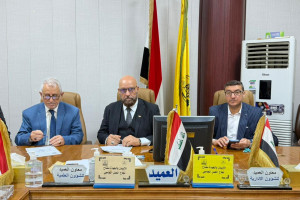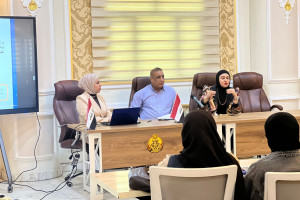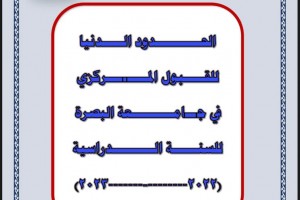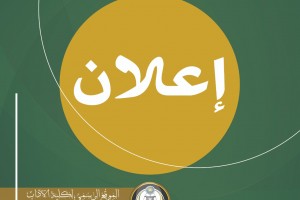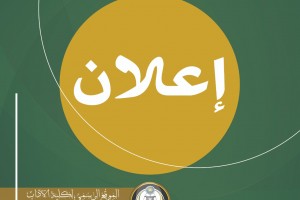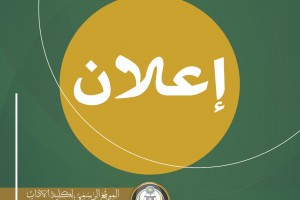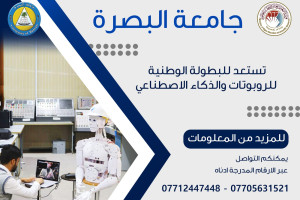


The Department of Translation at the College of Arts organized a scientific symposium entitled Contemporary Issues in Translation and Linguistics (The Multifaceted Role of the Translator).
The symposium, which was lectured by Prof. Dr. Abdul Salam Al-Agaili and Prof. Dr. Jassim Khalifa Sultan, included several points, the most important of which are:
When you ask yourself what are the roles of translators, it is possible to come up with an answer as simple as that. The roles of translators are to convert the text from the source language to the target language. You will be surprised to discover that there are a lot of other things. Therefore, we will take a closer look at the roles of multitasking translators:
Translators as Readers - Any time we encounter a text, we are engaged in the act of reading and interpreting. We know that there are different ways of reading and no two people will read a text in the exact same way. The assignment begins with reading the original text for two purposes:
First, to understand what it is about; Secondly, to analyze it from the translator's point of view, which is different from that of a linguist or literary critic. The translator must define his intent and method of writing for the purpose of selecting the appropriate translation method and identifying specific problems.
Translators as Editors - The release process focuses less on form and more on vocabulary. Editing includes proofreading to ensure correct vocabulary is used. This is achieved by looking for every suspicious vocabulary, or even vocabulary unknown to the compiler/editor, just to make sure the correct vocabulary is used. This usually involves research - either online or in specialized dictionaries - accompanied by recommended corrections. Usually, when working in Word, the track changes feature is used, and sometimes comments are added only through the word comment tool. In either case, the compiler/editor recommends changes. This is because when there are errors, correction is usually required.
Translators as writers - The final stage in the act of translating is writing the target text. It reproduces the source text message in the target language. At this point, the compiler's writing skills are directly involved; The translator acts as a writer and writes a text in the target language. At this point, the compiler's ability to write is the key to success.
Translators as Technical Experts Industrial applications of translation tools are based on the idea that translation is a word-replacement activity. On the other hand, translation theories since the 1980s have tended to regard translators as communicators whose duties go beyond replacing the words of the source text; Translators are hired to provide meaningful communications. Translation tools make this difficult. In fact, they are returning the translators to the 1960s paradigms of language equivalence. Over the years, the work of translators has gone through different phases, and the reason for this is due to the advancement of technology and communication. The relationship between translators and their clients has changed as well as the translators' work process. This is due to the increase in the amount of translated information and the development of translation tools. Studies say that translation tools may increase and help translation to focus on what is most important, but there are problems that accompany these advantages, and these problems will be included in the solution.

